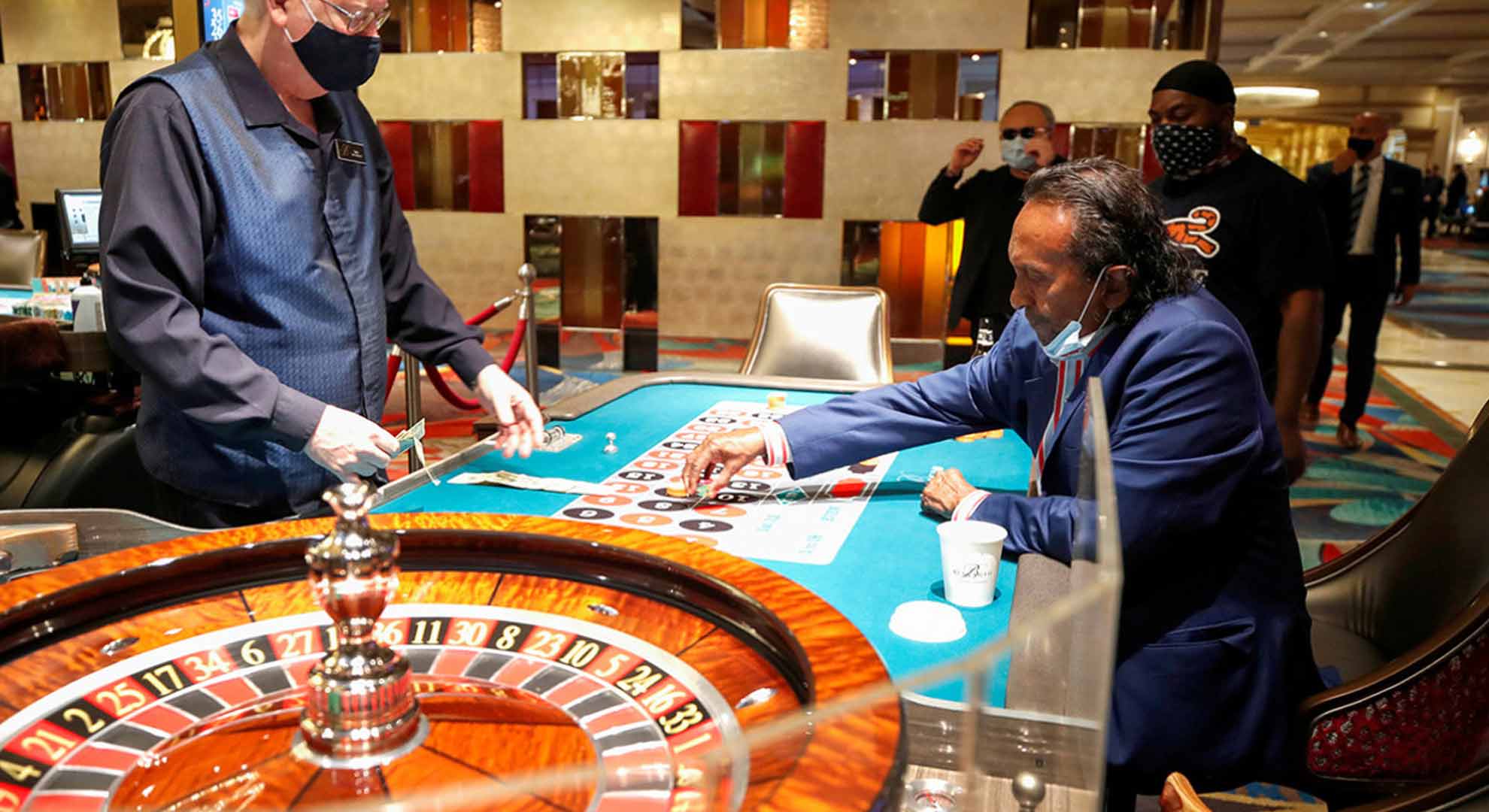How Casinos Shape the Concept of Risk
How Casinos Shape the Concept of Risk
Casinos, with their glittering lights and symphony of sounds, are more than just venues for entertainment; they are sophisticated laboratories of human psychology and decision-making. They have masterfully engineered an environment that fundamentally shapes our concept of risk, transforming it from a statistical calculation into an emotional, thrilling experience. The very foundation of the gambling industry is built upon a curated perception of risk versus reward, a dynamic that influences millions of decisions every second.
At its core, a casino presents a series of controlled risks. Every game, from the spinning roulette wheel to the digital interface of a slot machine, operates on a precisely calculated mathematical model. This is where the crucial term 'house edge' comes into play. The house edge explained simply is the casino's built-in long-term advantage on any given bet. It ensures that, over time, the house will always profit. For the player, this means every wager is a calculated risk taken against a system designed to win. Casinos teach us that risk can be managed and engaged with in a structured format, offering the illusion of control in games that are ultimately governed by chance and probability in gambling.
The psychology of gambling is a powerful force that casinos expertly leverage. They frame risk not as a potential for loss, but as an opportunity for a life-changing win. The massive, flashing jackpot signs overshadow the much higher probability of incremental losses. This focus on the reward over the risk triggers dopamine releases in the brain, creating a sense of excitement and anticipation that makes the act of wagering feel inherently valuable, regardless of the outcome. This environment also preys on common cognitive biases, such as the 'gambler's fallacy'—the belief that a losing streak must be followed by a win, or that a roulette number is "due" to come up. This misunderstanding of probability encourages players to take bigger risks based on emotion rather than logic.
Furthermore, casinos create a tiered system of risk that appeals to a wide audience. The low-stakes slot machines offer a minimal-risk entry point, allowing people to engage with the concept of gambling without significant financial exposure. At the other end of the spectrum, high-stakes poker and baccarat tables redefine risk as a strategic element. In these games, a player's ability to read opponents and make a calculated risk—a bluff, a large bet—becomes part of the skill set. This dichotomy teaches a complex lesson: that risk can be both a blind leap of faith and a strategic tool, depending on the context. The casino environment normalizes the act of putting capital at risk for potential gain, a principle that mirrors financial investment but without the underlying assets or market analysis.
The digital age has further evolved this dynamic. Online casino risk perception can be skewed because digital chips and balances feel less tangible than physical cash. The speed and accessibility of online platforms mean that risk-taking can become more frequent and impulsive. Modern platforms offer immersive experiences that bring the strategic and thrilling aspects of risk-taking directly to the user. For those looking to experience this dynamic firsthand, a platform like the m88 com live casino register page offers a gateway into this world, where the classic principles of casino risk management meet modern technology. This seamless integration of risk into our digital lives demonstrates how a casino's influence extends far beyond its physical walls.
In conclusion, casinos are powerful institutions that do more than offer games of chance; they actively shape and redefine our relationship with risk. They transform it from a cold, mathematical concept into a visceral, emotional, and highly engaging activity. By controlling the environment, understanding human psychology, and offering a spectrum of risk levels, they teach us to accept and even seek out risk in exchange for a thrilling reward. This manufactured concept of risk, while entertaining, underscores the importance of understanding the underlying odds and practicing responsible gambling, ensuring that the thrill of the game remains a form of entertainment, not a financial strategy.
tag: M88,



